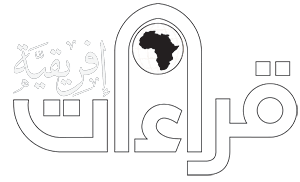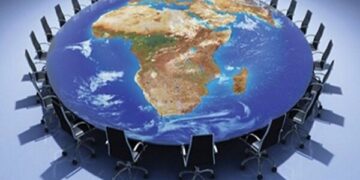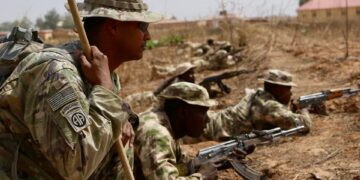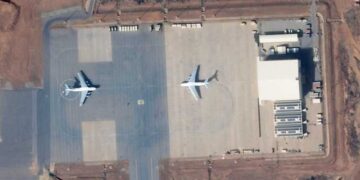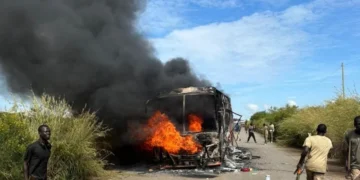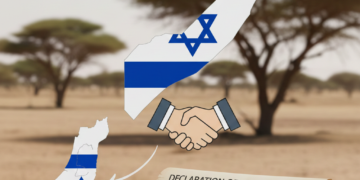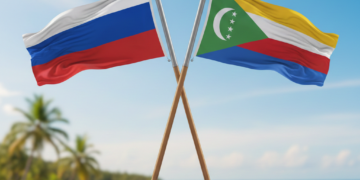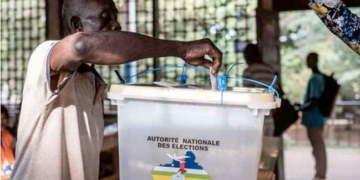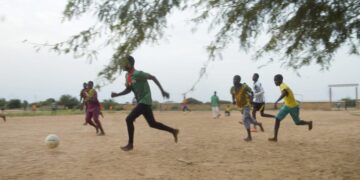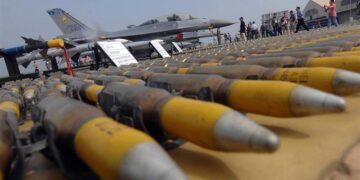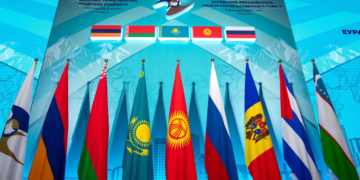| الناشر: مجلة قراءات
العدد: الأربعون
الترقيم الدولية (ISSN) : 2634-131X
الصفحات: 36 – 45
الكاتب: د. محمد فؤاد رشوان
المقال بصيغة pdf |
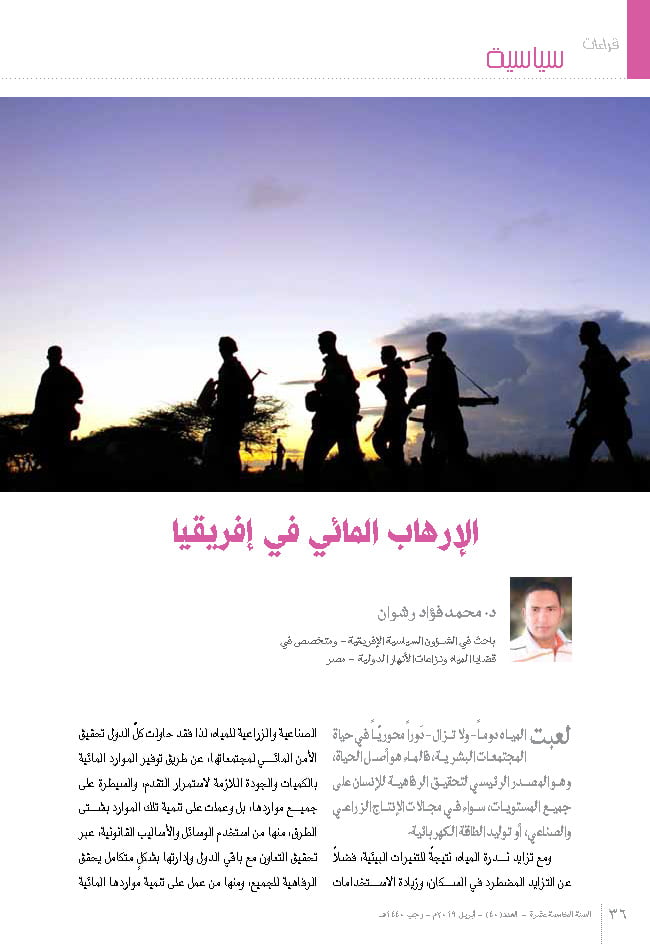 |
Abstract:
Water has always played a pivotal role in the life of human societies. Water is the source of life. It is the main source of human well-being at all levels, both in the areas of agricultural and industrial production, electricity generation. Water scarcity, due to environmental changes and the steady increase in population, led to the increasing of the industrial and agricultural uses of water. Therefore, all countries have tried to achieve water security for their communities by providing water resources in quantities and quality necessary to maintain progress and control all their resources and even to develop these resources in various ways. It is through the use of means and legal methods through cooperation with other countries and their management in an integrated way to achieve prosperity for all, including the work on the development of the water supply in violation of international laws and treaties, that have proved all previous experiences of the failure of that country to achieve sustainable development because of the continuously threat of control over those water resources.
In light of the importance of water resources in the lives and stability of peoples, it has become an easily accessible target for terrorist operations, especially that tampering with the water resources of states; from intentional pollution or reducing their share of water resources or destruction of the water infrastructure that would destabilize the world's most powerful forces, so water security cannot be achieved by any other qualitative processes, and they are also putting increasing pressure on regimes to bow to the demands of groups or countries that threaten or carry out terrorist acts.
الملخص:
نظراً لأهمية الموارد المائية، في حياة الشعوب واستقرارها، فقد أصبحت هدفاً سهلاً للعمليات الإرهابية، خاصة أنّ العبث بالمقدرات المائية للدول من شأنه أن يزعزع استقرار أعتى القوى العالمية، كما يمثل ضغوطاً متزايدة على الأنظمة من أجل الرضوخ لمطالب الجماعات أو الدول التى تهدد أو تقوم بالعمل الإرهابي.
وتتعدد أشكال الإرهاب المائي، نظراً لتعدد الجهات التي يمكن أن تشكّل أعمالها تهديداً حقيقيّاً، سواء كان القائم بتلك الأعمال جماعات أو تنظيمات إرهابية، أو دولاً تسعى لتخريب وإزاحة أنظمة قد تكون مختلفةً معها، أو من خلال المنظمات الدولية المالية، أو الشركات متعددة الجنسيات، والتي باتت تمثّل نوعاً جديداً من الاستعمار، عبر دفع البلدان النامية لخصخصة الموارد المائية بها، لإعادة جدولة ديونها، كما في حالات تنزانيا وغانا وغينيا، الأمر الذي سيؤدي بالبلدان الإفريقية النامية والفقيرة للانهيار.
وتسعى دول المنابع في الآونة الأخيرة إلى اعتبار المياه سلعةً اقتصادية تُقدّر بثمن، لبيعها لدول المصبّ، دون التقيّد بقواعد القانون الدولي، وهو ما سيزيد من تردي الأوضاع الاقتصادية والاجتماعية لدول المصبّ.
يمكن للإرهاب المائي أن يؤثر بشكلٍ كبيرٍ على الجهود الرامية لإدارة مستجمعات المياه العابرة للحدود، فتأثير الهجمات على البنية التحتية للمياه في دول المنابع قد يؤدي إلى تدمير أممٍ بالكامل.
ويمكن للإرهاب المائي أن يؤثر سلباً بشكلٍ كبيرٍ على النمو الاقتصادي، بتقييد الاستثمارات، وتحول الاستثمار الأجنبي المباشر إلى أماكن أخرى أكثر أماناً، وزيادة الإنفاق على تأمين السدود والقناطر وغيرها.
لقد ترك التقسيم الاستعماري للدول الإفريقية أكبر عددٍ من الدول المتشاطئة على الأنهار الدولية، وهو ما يجعل التنافس على الموارد المائية عنواناً للمرحلة القادمة، تصل لمرحلة الحروب على المياه، وتهديد حياة الشعوب الإفريقية ومستقبلها.
